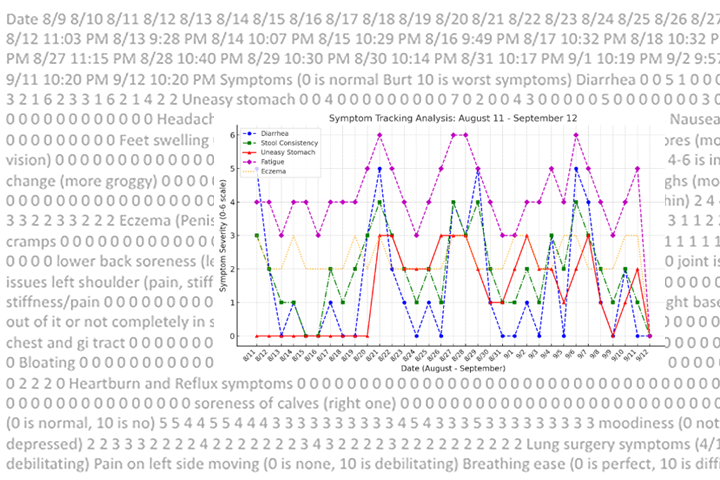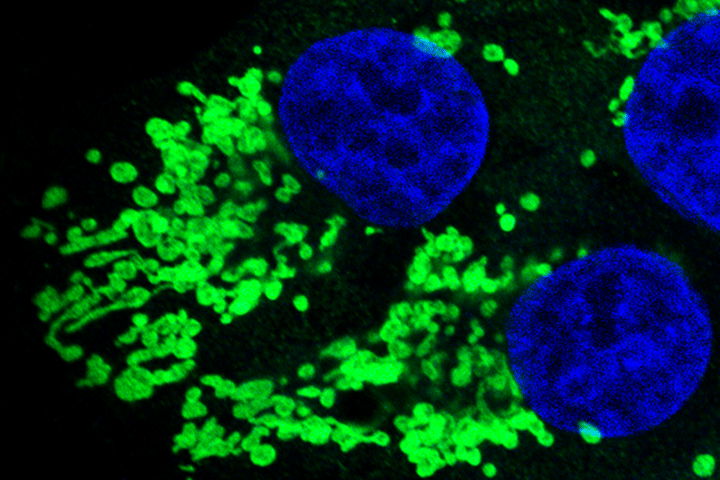ASCO Annual Conference: Highlights in Pancreatic Cancer Research

Nearly 40,000 oncologists from around the world came to Chicago recently for the American Society for Clinical Oncology (ASCO) annual meeting
The ASCO annual meeting is considered among the premier meetings focusing on clinical cancer research and education. ASCO 2019 was no exception, with abstracts spanning the range of cancer outcomes, immuno-oncology, access to cancer care and developments with targeted therapies, chemotherapies, radiotherapies, and surgery.
The overarching theme of this year’s event was “Caring For Every Patient, Learning from Every Patient.” For pancreatic cancer experts like gastrointestinal oncologist Allyson Ocean, M.D. , the thematic approach was particularly important and accurate. “It’s true that we learn from every patient,” says Ocean, Associate Professor of Clinical Medicine, NewYork Presbyterian Hospital/Weill Cornell Medical College. “We work hard to design trials and carry out clinical research, only to find that the trial was negative or didn’t meet its primary endpoint. That’s frustrating. But we do learn something from every patient, whether on trial or off trial. That’s science and patient care.”
And it is those patients, says Ocean, who can provide insight to their providers on other vital aspects of cancer care, including subjects such as diversity and access or even better ways of managing side effects of treatment. “Managing side effects sounds mundane unless you are the person experiencing side effects,” she adds. “It’s my patients who tell me what works and what doesn’t work, and they provide the pearls sometimes. Then I can pass on those pearls to other patients. If we take the time we can learn a lot from each other.”
This year, approximately 2,450 abstracts were selected for presentation in Oral Abstract Sessions, Clinical Science Symposia, and Poster Sessions, plus more than 3,200 were selected for online publication. Pancreatic cancer had a robust showing with more than 100 abstracts accepted.
“As an oncologist focusing on gastrointestinal cancers, I thought it was very heartening, because you have to remember that for years there was little research being done in pancreatic cancer,” says Ocean. “Now it is clear there is considerable and robust interest in the disease and that will ultimately be of benefit to patients.”
Here are a just a few examples of some of the important research that was presented.
PARP Inhibitors Benefit Metastatic Patients with BRCA Mutations
The results of a phase III trial called POLO show that a targeted drug called a PARP inhibitor benefits advanced pancreatic cancer patients with a BRCA mutation. BRCA mutations interfere with a cell’s ability to repair DNA breaks. PARP inhibitors also interfere with a cell’s ability to repair DNA breaks. PARP inhibitors may be particularly effective against cancers with certain mutations, including BRCA and PALB2. This is because these cells are already partially defective in their ability to repair DNA damage; eventually the cancer cells die. But PARP inhibitors are gentler on normal cells, resulting in fewer side effects than platinum-based therapy, which has also shown efficacy for these patients. Plus, a PARP inhibitor can be taken in pill form.
The double-blind, randomized study enrolled 151 patients at 119 sites in 12 countries. Participants must have tested positive for a BRCA mutation in their blood, which affects about 4 to 7 percent of pancreatic cancer patients. They also must have responded to platinum-based chemotherapy for at least four months.
Results showed average progression-free survival was significantly longer at 7.4 months in the group taking the PARP inhibitor olaparib (brand name Lynparza) versus the placebo group, who had progression-free survival of 3.8 months. After two years, 22.1 percent of participants taking the PARP inhibitor had not progressed versus 9.6 percent of those taking a placebo.
“This is practice-changing,” says Ocean, adding that although there was no overall-survival benefit noted, the data, at 46 percent, was not yet completely mature. “I think there’s a lot more to come,” she adds. “Now we need to think of other trials with olaparib, including combining it with chemotherapy and also immunotherapy. It is very exciting news.”
APACT Trial and Adjuvant Treatment
The APACT trial compared nab-paclitaxel (Abraxane) combined with gemcitabine given after surgery (adjuvant treatment) to gemcitabine alone to help determine which approach was better at delaying or preventing disease recurrence or death. According to results of the phase III randomized trial, the combo-approach did not significantly extend disease-free survival for this group of patients, per an independent review. But overall survival was improved, and reached “nominal statistical significance,” according to the drug manufacturer Celgene.
“We were eagerly awaiting the APACT trial data, but unfortunately it was a negative trial in the adjuvant setting,” explains Ocean, adding that it was interesting that the median disease-free survival with gemcitabine was longer than historical data which may be influenced by patient selection. “What remains as standard of care in the adjuvant setting is FOLFIRINOX or gemcitabine and capecitabine.”
The APACT study was the largest adjuvant study conducted in pancreatic cancer, but because it didn’t meet its primary endpoint of independent assessment of progression, it was considered negative, explains Ocean. Independent assessment is when a radiologist reading the scan has no prior knowledge of the clinical circumstances. Conversely, it was a positive study when investigators, who have knowledge of the clinical circumstances, assessed progression, she adds.
“What this really means is that there are nuances about disease response and progression that the treating doctors pick up on that outsiders don’t, and this can sometimes benefit the patient,” says Ocean, adding that in clinical practice doctors may need to apply their own interpretation and clinical judgement to data sets to determine what is best for the patient.
For example, Ocean may continue a patient on a drug when the disease is progressing slowly, the patient is feeling good, and there is no other option available. The rationale is that the chemotherapy is still of benefit for that patient. But if this same patient had been in a trial setting then “[W]e would say the trial drug or regimen is not working,” she adds. “This is really the art of medicine because we have to have nuance to determine what is best for the patient in clinical practice.”
Improving Cascade Genetic Testing for Families with Inherited Pancreatic Cancer Risk
The ongoing genetic education, risk assessment, and testing study GENERATE hopes to enroll approximately 1,000 patients (about 200 families) who have a close relative with pancreatic cancer that was caused by an inherited change (mutation) in a gene. The researchers want to learn if giving people genetic information in different ways affects their decisions about whether to have genetic testing and learn about inherited risk.
“As we learned more about the biology of pancreatic cancer, we learned there are numerous inherited mutations that can up a person’s risk of developing the disease, many more than just BRCA,” says Ocean. “Studies like these are absolutely vital to learning how best to confer genetic information to people, educate them, and hopefully get people at higher-than-average risk into screening. We are all very excited about this study.”
Summing it Up
The overall message is that all patients with pancreatic cancer must undergo germline genetic testing. Based on the POLO trial data presented at ASCO, for example, it’s especially important for those patients with a BRCA mutation who could benefit from using olaparib in their treatment plan, says Ocean. “I have seen numerous patients with metastatic BRCA-mutated pancreatic cancer who were known gene carriers prior to being diagnosed or who knew that the gene existed in their family, and were not screened,” Ocean says. “We have to do better.”
Stay Tuned
In the upcoming weeks, Let’s Win will focus more in depth on many of these presentations, such as the GENERATE study, PARP inhibitors, and other promising treatment modalities, as well as important findings about decreases in racial disparities and access to care for pancreatic cancer patients.






